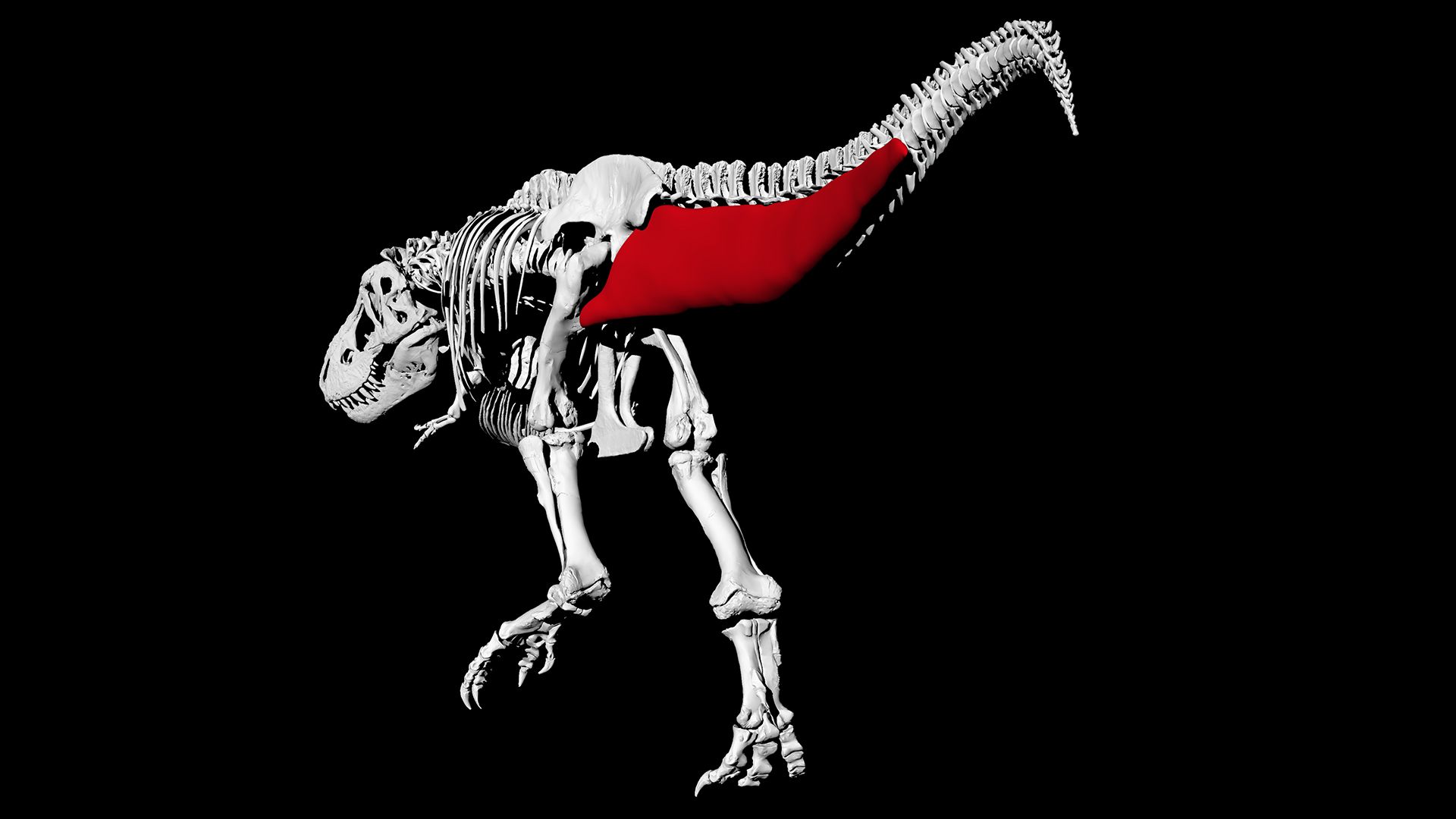Coincidentally, yesterday Live Science came out with this. Basically, we can outrun a T rex...
New simulations calculated T. rex walking speed from the motion of its swaying tail.

www.livescience.com
This seems like one of those things where you should immediately question the simulation, based on the size of rex vs other predators and of prey, and look at how successful a species it was, for how long.
I mean, it's possible that a pack hunting predator that may have been partly a scavenger was also quite slow, but it's unlikely enough that I wouldn't assume that such a simulation isn't missing something.
Edit: I should be more specific, actually. First, I'm not being fair to the scientists, but I am being fair to the article writer. Bad title, bad wording in the opening of the article, waits until the very end to point out what the likely running speed was, and the fact that the research could even show that Rex could run faster than we used to think, but using it's tail movements to dampen the shock of fast running on the animal's bones.
All that said, a fast human with good endurance likely could outrun a T. Rex, especially if they have obstacles that they can use to weave through and slow the giant beast down. No matter how good that tail is, that much mass doesn't turn on a dime!
In a jungle or forest, a fast humanoid that knows the terrain well enough to run through it without the terrain killing them, could escape a T. Rex and still have enough energy to make the day not a total waste.




